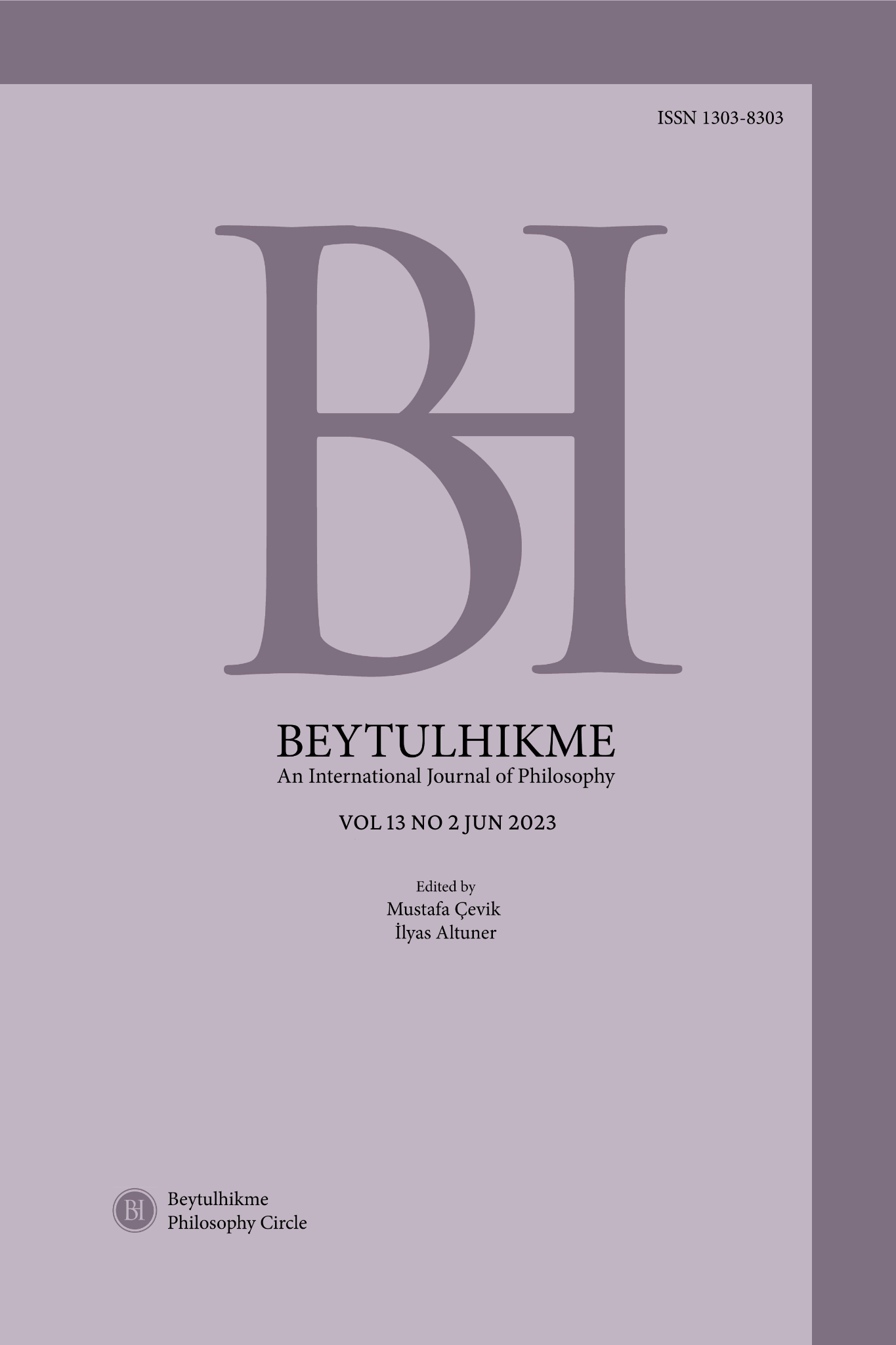Allah’ın İnsana Dair Fiillerinde Zorunluluk-Keyfilik Çelişkisi -Mu’tezilîler ile Eş’arîler Arasındaki Tartışmaya Metodolojik Bir Eleştiri-
Author :
Abstract
İtikadi mezhepler arasındaki en temel tartışma konularından birisi, insanın dine taalluk eden eylemleri söz konusu olduğunda, ilahi fiillerin gerçekleşmesine esas teşkil eden mananın nasıl tanımlanacağı problemidir. İnsan, dine uygun ameller işlediğinde Allah’ın da bunu destekleyecek fiiller yapması gerektiğine inanan Mu’tezile “zorunluluk” fikrine ulaşırken, gerekçe ne olursa olsun Allah’ın hiçbir şeye mecbur olmadığına inanan Eş’arîler “keyfilik” olarak anlaşılabilecek bir yaklaşımı benimsemişlerdir. Kanaatimizce itikadi mezheplerin, aynı inanç paradigması içinde olsalar bile belli bir konuda iki uç noktada konumlanmalarının temel sebebi arkasında siyasi, kültürel ve sosyal faktörlerin olduğu mezhebi asabiyettir. Mezhebi asabiyetin doğal sonucu, Kur’an’ın mevzubahis konudaki hükümlerini bütünlük içinde ele almada gösterilen zafiyettir. Bu çalışmada, Mu’tezilîler ile Eş’arîlerin, insanın dine taalluk eden amelleriyle ilgili olarak gerçekleşen ilahi fiillere dair yaklaşımları hülasa bir şekilde ele alındıktan sonra, Kur’an’ın bu konudaki yaklaşımına yer verilecektir. Kur’an’ın bu husustaki yaklaşımını belirlemek üzere önerdiğimiz kavramsal çerçevenin, mezhebi refleksler sebebiyle göz ardı edilen bütüncüllüğün korunmasında işlevsel olduğunu düşünmekteyiz.
Keywords
Abstract
One of the main debates among the sects of creed is the problem of how to define the meaning, which is the basis for the realization of divine acts, when it comes to human actions related to religion. The Mu'tazila believed that when man does deeds in accordance with religion, God must also do actions to support this, and they reached the idea of "necessity"; The Ash'arites, on the other hand, believed that God is not obligated to anything, regardless of the reason, and adopted an approach that could be understood as "arbitrariness". In our opinion, the main reason why religious sects are positioned at two extremes on a certain issue, even if they are within the same belief paradigm, is sectarian solidarity, which is backed by political, cultural and social factors. The natural result of sectarian solidarity is the weakness shown in dealing with the provisions of the Qur'an on the subject in its entirety. In this study, firstly, the thoughts of Mu'tazilites and Ash'arites about the divine actions that take place in relation to the religious deeds of man will be briefly discussed, and then the approach of the Qur'an on this subject will be given. We think that the conceptual framework we propose to determine the approach of the Qur'an on this issue is functional in preserving the integrity that is ignored due to sectarian reflexes. We think that the conceptual framework we propose to determine the approach of the Qur'an on this issue is functional in preserving the integrity that is ignored due to sectarian reflexes.
